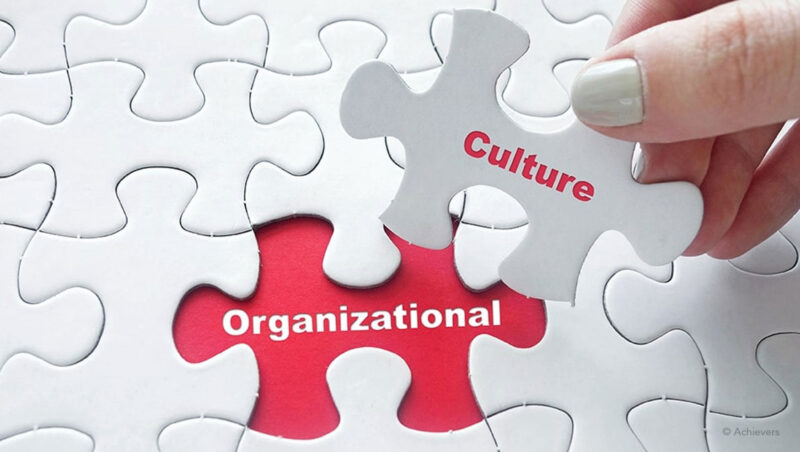In the ever-evolving landscape of business, company culture stands as a pivotal force that shapes not only the atmosphere of the workplace but also the very essence of organizational identity. It encompasses the shared values, beliefs, and behaviors that define how work gets done and how employees interact with one another. But what exactly is company culture?
Delving deeper reveals a rich tapestry woven from diverse elements such as communication styles, leadership approaches, and even perks that can make or break employee satisfaction. As the bedrock of any successful organization, understanding the nuances of company culture is essential—not just for fostering a positive environment, but also for driving innovation and achieving lasting growth. This article will explore the key elements of company culture and illuminate how it influences every corner of an organization, ultimately shaping its trajectory.
Understanding Company Culture

Understanding company culture is essential to grasping how organizations function and thrive. At its core, company culture encompasses the shared values, beliefs, and behaviors that shape how employees interact within an organization. It’s the invisible thread weaving through every aspect, from decision-making processes to employee engagement and communication styles.
Picture a workplace where innovation flourishes alongside traditional practices, where the banter of a friendly breakroom encourages creativity, and where leadership is just as accessible as the coffee machine. This intricate tapestry is influenced not only by the companys mission and vision but also by the unique backgrounds and personalities of its workforce.
As such, nurturing a positive culture can lead to heightened morale, improved productivity, and a shared sense of purpose. Understanding these dynamics is crucial; after all, a vibrant culture can be the difference between a company that merely exists and one that truly excels.
Key Elements of Company Culture

Key Elements of Company CultureAt the heart of a thriving organization lies its company culture, an intricate web woven from shared values, beliefs, and practices. First, the core values set the stage, acting as a compass that guides decisions and behaviors. Think of them as the North Star for employees—shining a light on what truly matters. Next, communication styles play a pivotal role; whether its open and transparent or more hierarchical, this element shapes how ideas flow and relationships develop.
Moreover, the physical workspace itself reflects the culture—an open-office layout may promote collaboration, while cubicles can signal a more traditional approach. Let’s not forget leadership, which profoundly influences cultural dynamics; leaders who embody the companys values can inspire teams, while those who disconnect can inadvertently sow discord.
Finally, rituals and traditions, such as team-building activities or recognition ceremonies, serve to reinforce bonds and celebrate achievements, creating an atmosphere where employees feel valued and engaged. In essence, these elements intertwine to form a unique organizational identity that not only drives performance but also nurtures a sense of belonging.
How Company Culture Shapes Organizations

Company culture serves as the backbone of an organization, intricately weaving together its values, beliefs, and behaviors to create a unique identity. Imagine a workspace that radiates collaboration, where innovation thrives amid encouragement; this is a direct product of a strong culture.
Conversely, a toxic environment can stifle creativity and lead to disengagement. When employees feel aligned with the culture, their engagement soars, driving productivity and commitment. This dynamic influences not only how teams interact but also how decisions are made, ultimately shaping the companys trajectory and long-term success. In essence, a well-defined culture can act as both a catalyst for growth and a shield against the turbulence of change, highlighting its crucial role in organizational development.
Conclusion
In conclusion, understanding company culture is essential for shaping a thriving organization. It encompasses beliefs, values, and practices that influence every aspect of the workplace, from employee engagement to overall performance. Companies like CT Group exemplify the transformative power of a strong culture, demonstrating how it can lead to innovative collaboration and sustained success.
By prioritizing the key elements of company culture—such as communication, inclusivity, and shared goals—organizations can cultivate an environment that not only attracts top talent but also fosters resilience and adaptability in an ever-evolving business landscape. Embracing these principles will ultimately empower companies to achieve their vision and drive lasting impact.


